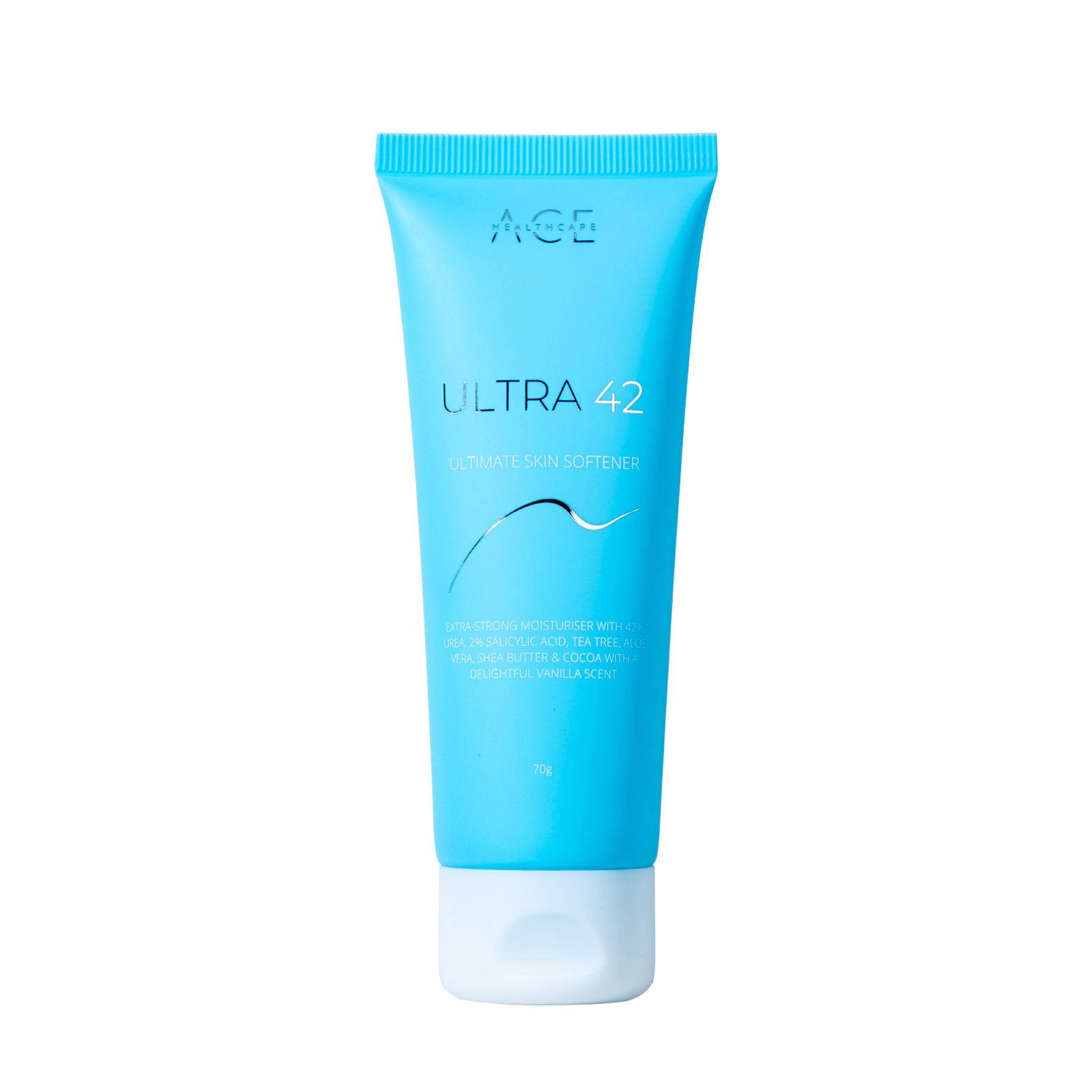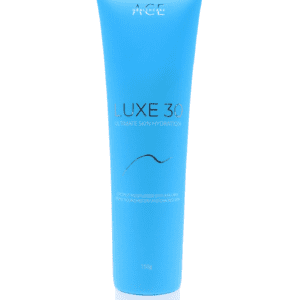If you’ve been dealing with unsightly and unpleasant fungal nail infections, we want to assure you that you’re not alone! Fungal nail infections are particularly common in adults aged 50 and over, but thankfully they can be treated.
In this blog post, we’ll provide some easy steps to help treat your fungal nail infection and get your feet back in healthy shape. From understanding the causes of fungal nails to exploring treatment options, we guide you through everything you need to know about these pesky afflictions.
What is a fungal nail infection?
Fungal nail infections, also called onychomycosis, are caused by many different types of fungi in the environment. These fungi often live harmlessly on your skin, but small cracks in your nail or surrounding skin can allow these germs to enter your nail and lead to an infection. The fungi prefer warm, dark and moist places like the feet.
Symptoms of nail infection may include discolouration of the nail itself; crumbling or thickening of the nail; and overall fading of its appearance. Anyone can get a fungal nail infection, but some people might be more likely to get a fungal nail infection, such as older adults, or people living with conditions such as diabetes, a weakened immune system, venous insufficiency, peripheral arterial disease, or an existing nail injury.
Without proper attention, fungal nail infections can lead to pain while walking or wearing shoes. They typically do not go away on their own. By being aware of how to prevent and treat fungal nail infections, you can maintain optimal foot health and avoid painful symptoms.
How to recognise the signs and symptoms of a fungal nail infection?
Fungal nail infections, while often unsightly, can sometimes be difficult to recognise – however, there are certain signs that you should be looking out for. These include a discolouration of the nails, usually a yellowish or greyish colour, as well as unusual thickness around the edges of the nails and general damage – such as splitting and crumbling. Sometimes, your nails may also give off an unpleasant odour.
Other conditions can look similar to fungal nail infections, so it’s best to consult with your doctor or podiatrist. They can help diagnose it properly, and provide you with plenty of advice on how to treat it effectively.
Treatments for a fungal nail infection?
As mentioned, fungal nail infections can be difficult to diagnose on physical appearance alone, but they can also be difficult to treat. Given that treatment is most successful when started early, your best bet is to visit a podiatrist who can quickly diagnose and recommend specific treatments designed for your own individual situation.
The best treatment is usually anti-fungal medication but in severe cases, the nail may need to be removed completely. It’s also possible that your infection might respond to treatment from a dermaceutical lotion. We highly recommend NailKALM, an anti-fungal lotion that provides effective treatment for nails prone to fungal infections. It’s clinically proven in 80-100% of cases and contains naturally derived ingredients. You can find out more about this miracle lotion here.
It’s important to remember that if a fungal infection is not treated, it can spread from one place to another. Infections can also come back, even after treatment, although this is more common in people who have conditions such as diabetes that make them more prone to nail infections.
There are some home remedies which may have some efficacy when it comes to fighting off fungal nail infections. However, it’s important to talk with your podiatrist if you’re considering using any of these natural options so they can advise on whether or not these would be appropriate for you.
It’s best to seek professional help as soon as possible. Not only can this save your nails from further damage, it can also clear up the infection faster. Visiting your podiatrist allows them to diagnose the exact cause of your nail problem, so that they can provide you with the most suitable advice and standardised treatment protocols to help you get rid of the infection swiftly. They can also advise you on how to prevent future infections!
How to prevent yourself from developing a fungal nail infection?
Fungal nail infections can be uncomfortable, not to mention potentially dangerous if left unchecked. Luckily, prevention is easy!
- Wearing open-toed shoes helps keep your toes aerated and dry
- Frequent clipping and filing of your nails can help keep fungus at bay
- Switch out the insoles in your closed-toe shoes regularly, as these areas often accumulate moisture
- Bathing with an anti-fungal soap specifically designed for foot health can supply extra protection
- Avoid walking barefoot in areas like locker rooms and public showers
Taking care of your feet is important for keeping them healthy and free from fungus. While it’s not always possible to take preventive steps against issues like fungal infections, an effective way of preventing future problems is by developing a good foot health routine. It requires only minimal effort on your part but can go a long way towards reducing potential risks and making sure you have happy, healthy feet! With a few quick preventative steps, you’ll be able to keep fungal nail infections away for good.
To wrap up, a fungal nail infection should not be taken lightly. Knowing what to look for and how to take action is key in preventing you from further spreading the infection. If caught early enough, over-the-counter medication or an anti-fungal lotion may do the trick. On the other hand, if your infection is severe or does not respond to treatments, it might be time to see your podiatrist for a personalised care plan.
Last but not least, developing regular habits such as keeping your feet clean and drying them well can go a long way in ensuring that fungal nail infections are avoided altogether. Taking the steps today can ensure healthier feet tomorrow!
If you have any concerns about your nails, you can book a Fungal Nail Assessment with your podiatrist. If you are based on the Gold Coast, we highly recommend our friends at ProMed Podiatry for their holistic approach to foot health.






